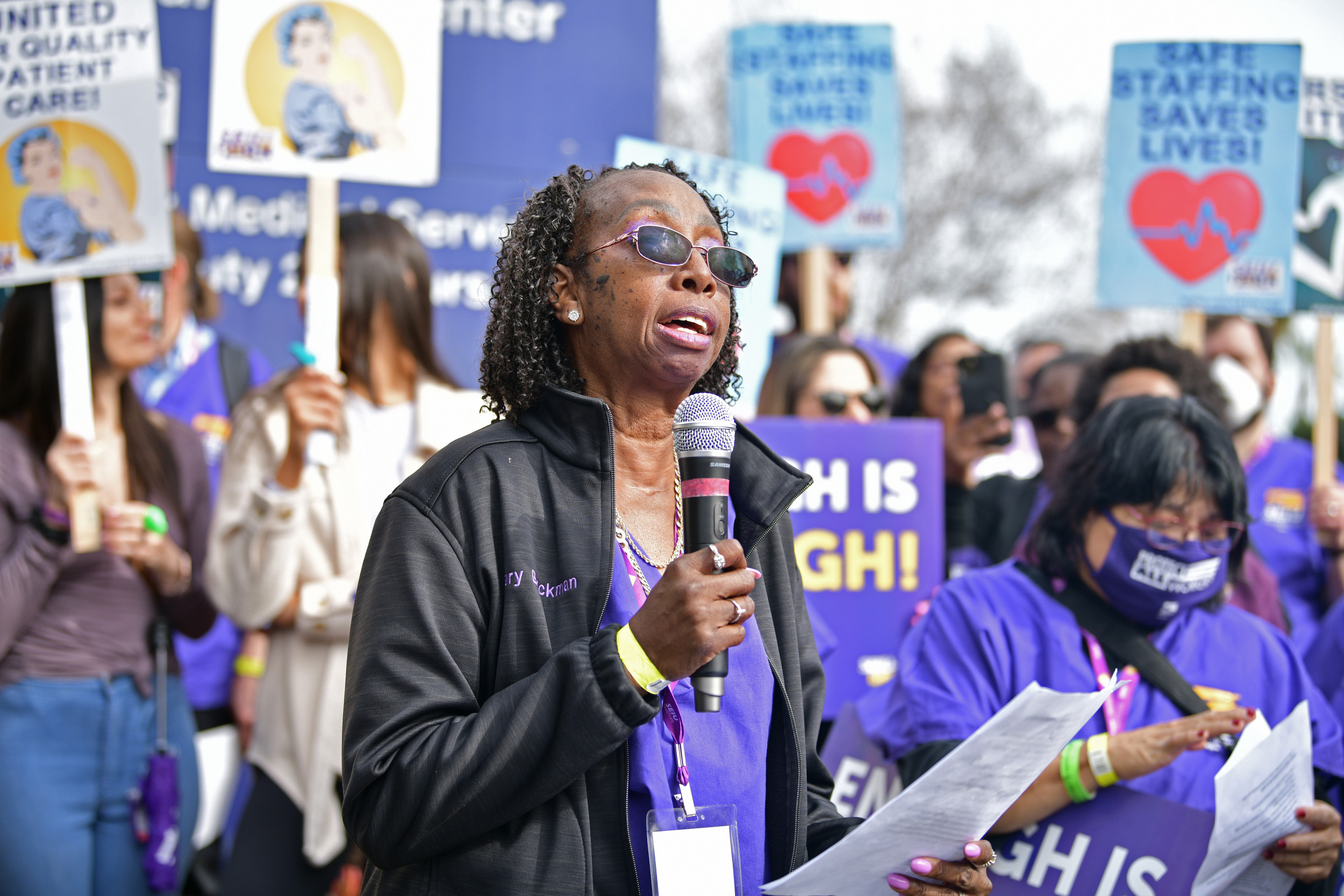During the holidays, nurses are striking or preparing to strike in many states around the country, and for good reason. Unless you work in health care, you don’t know how toxic this industry can be. That’s true even after the COVID pandemic shined a bright light on problems like the lack of fully trained personnel available to take care of our loved ones after they are admitted to the hospital.
I’ve worked in the trenches as a registered nurse for 29 years, but fewer and fewer people in my position are willing to do that. The American Hospital Association estimates that a half million nurses will leave the field by the end of 2023, bringing the total shortage to 1.1 million.
A typical day of a nurse can look a lot like a recent Friday I worked at my local hospital in Delaware. I am a nurse in a Post-Anesthesia Care unit. We receive people freshly off anesthesia and post-operative procedures. I came in at 9:30 a.m. and couldn’t take a break until 4:30 p.m. I had a headache, was exhausted and had only 30 minutes to eat and then return to my shift. We were short-staffed, as is often the case, and it was a constant struggle to serve patients’ critical needs. Days like this—and there are many of them—increase burnout and the chance for error, which can cost people their lives.



Can confirm. Nursing staff at our hospital just received the date for our union election. January 10! These corporations do not care about our patients. We have to do something to protect them, and unionizing is one form of direct action that we can take.